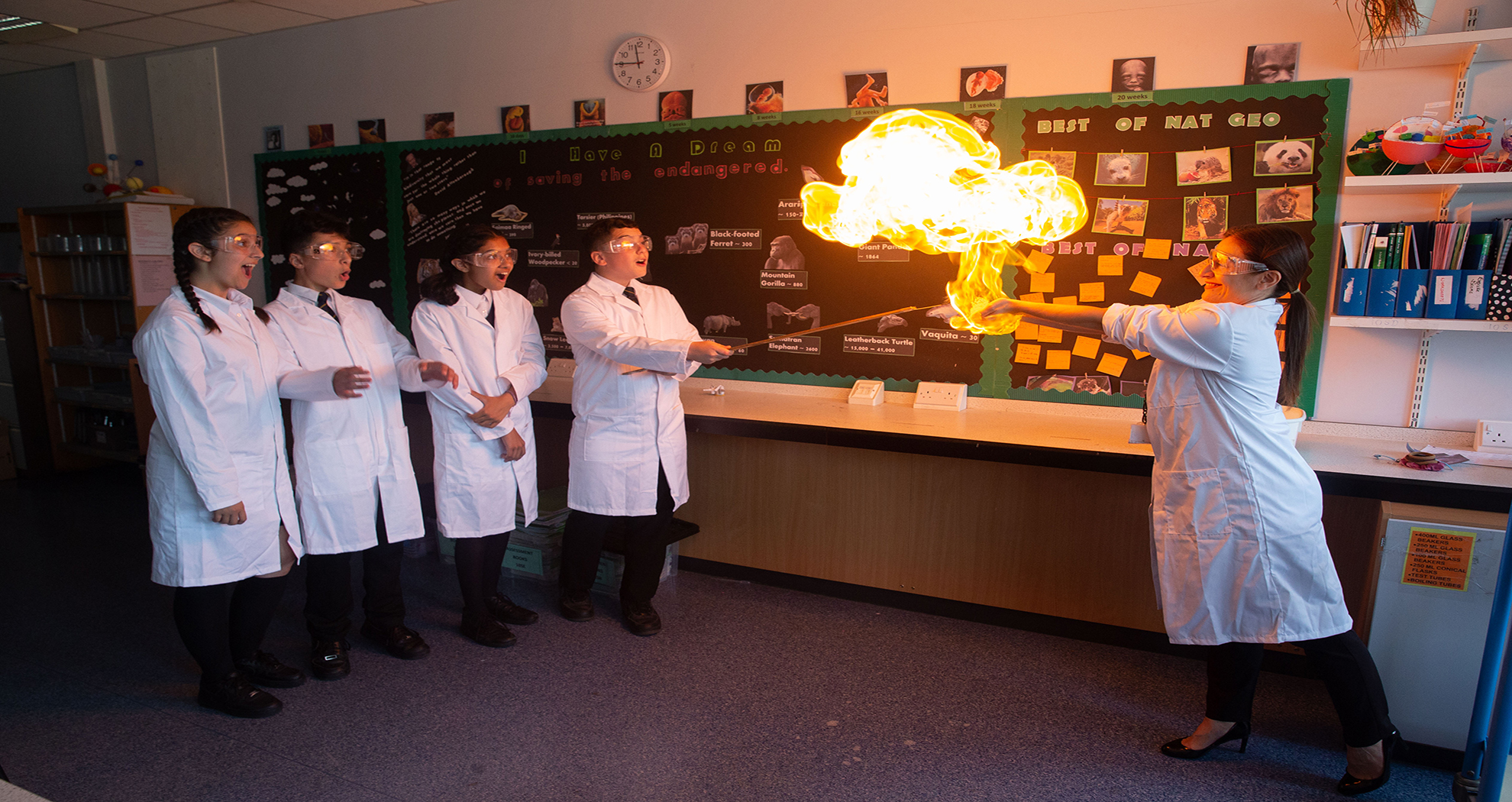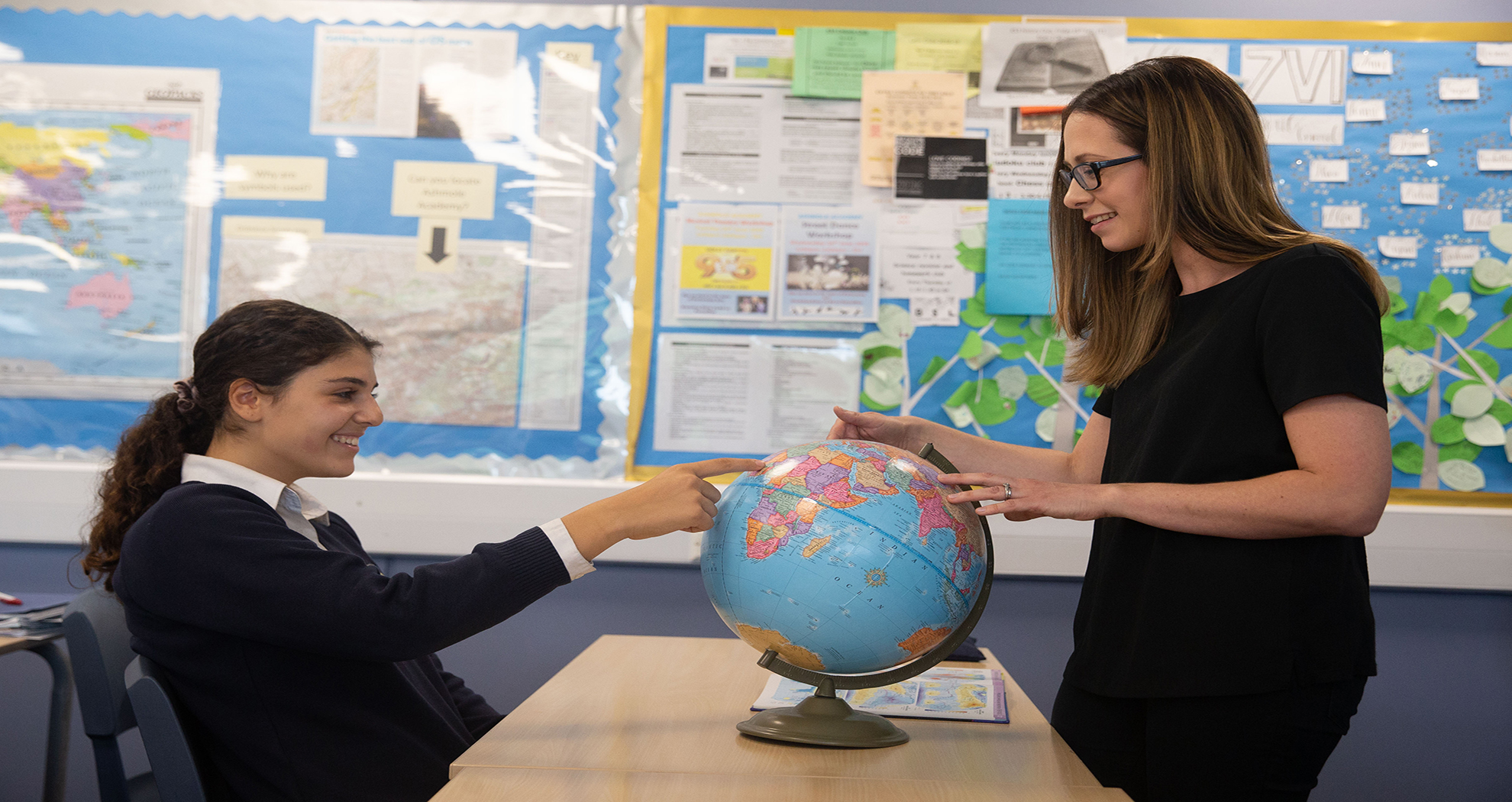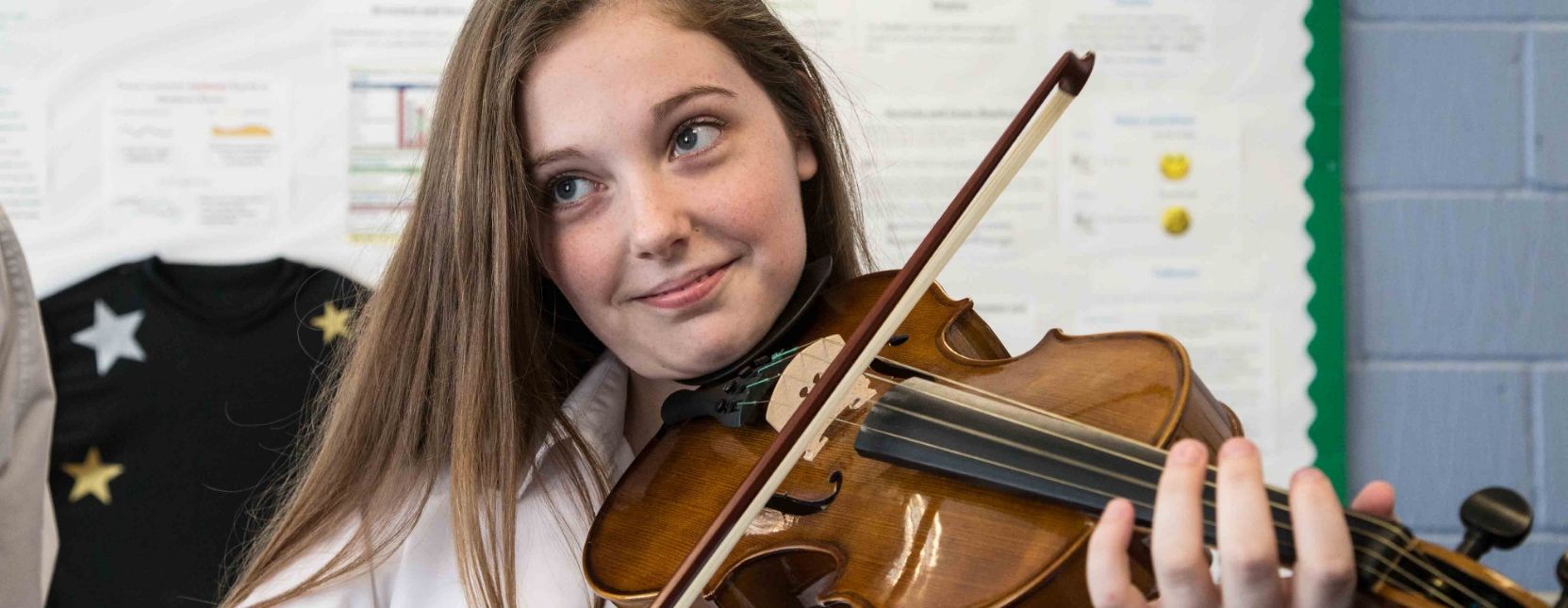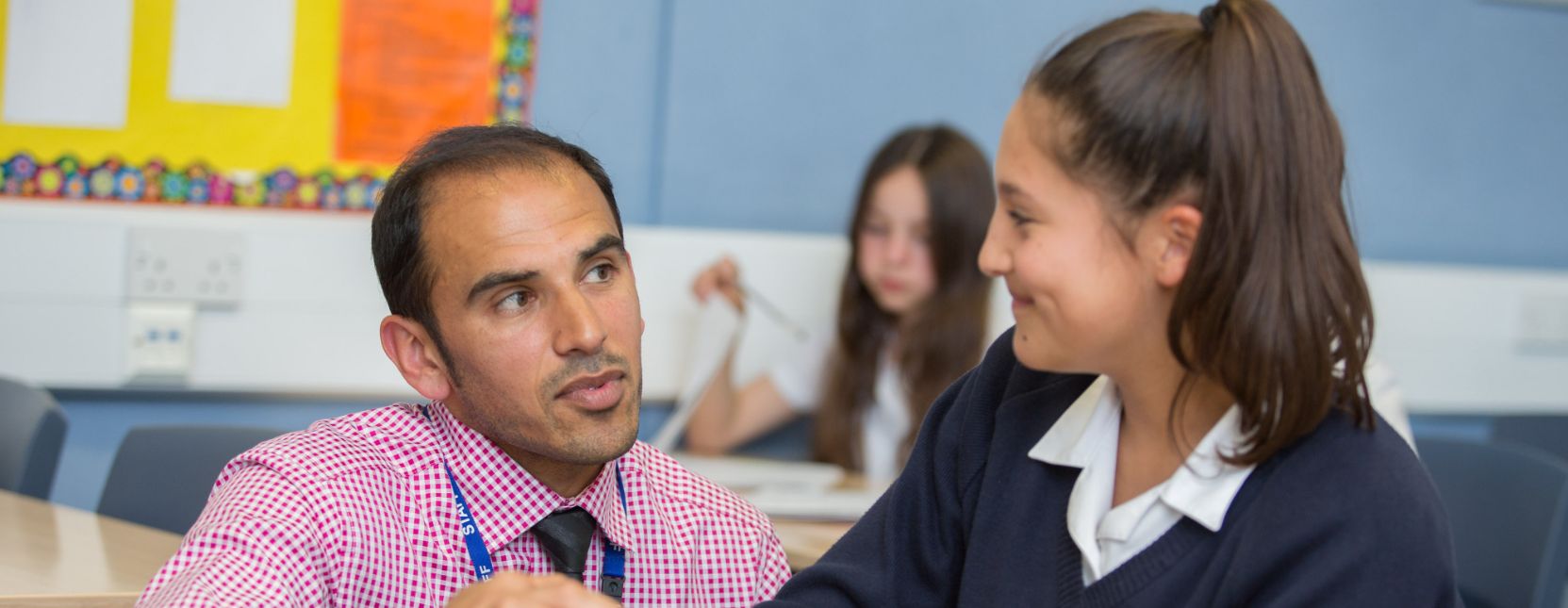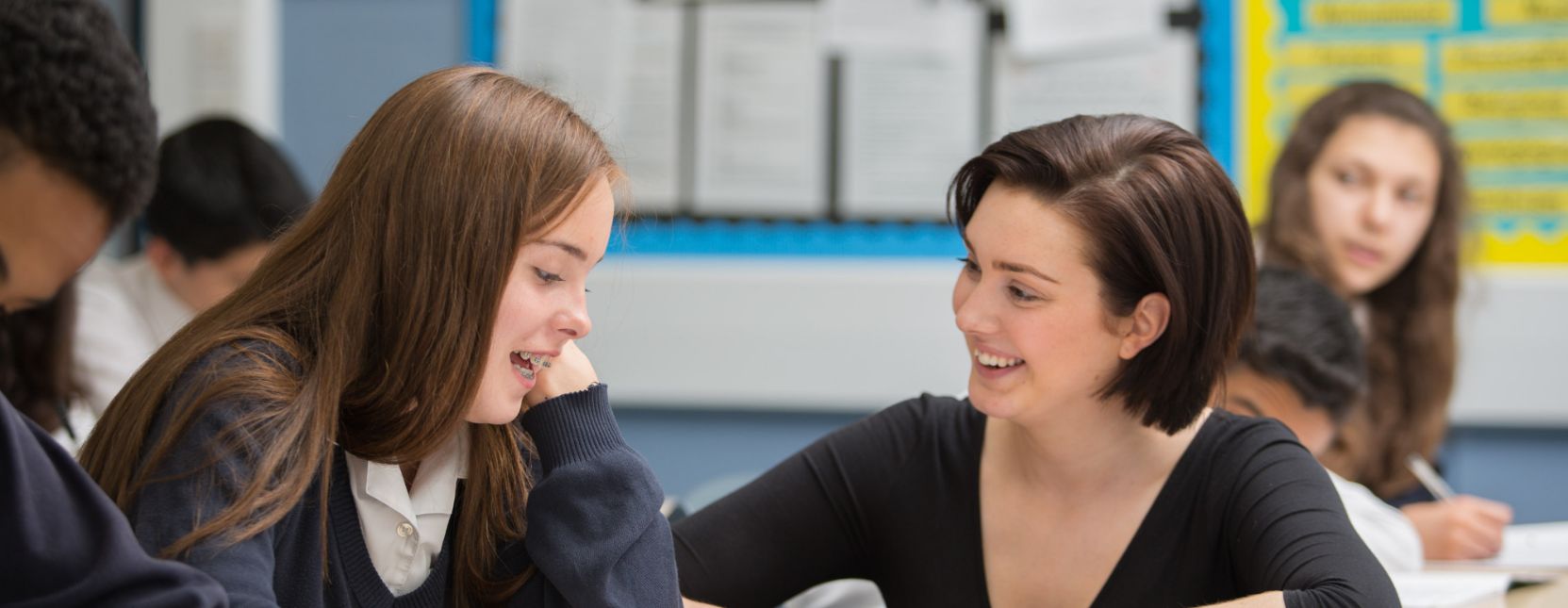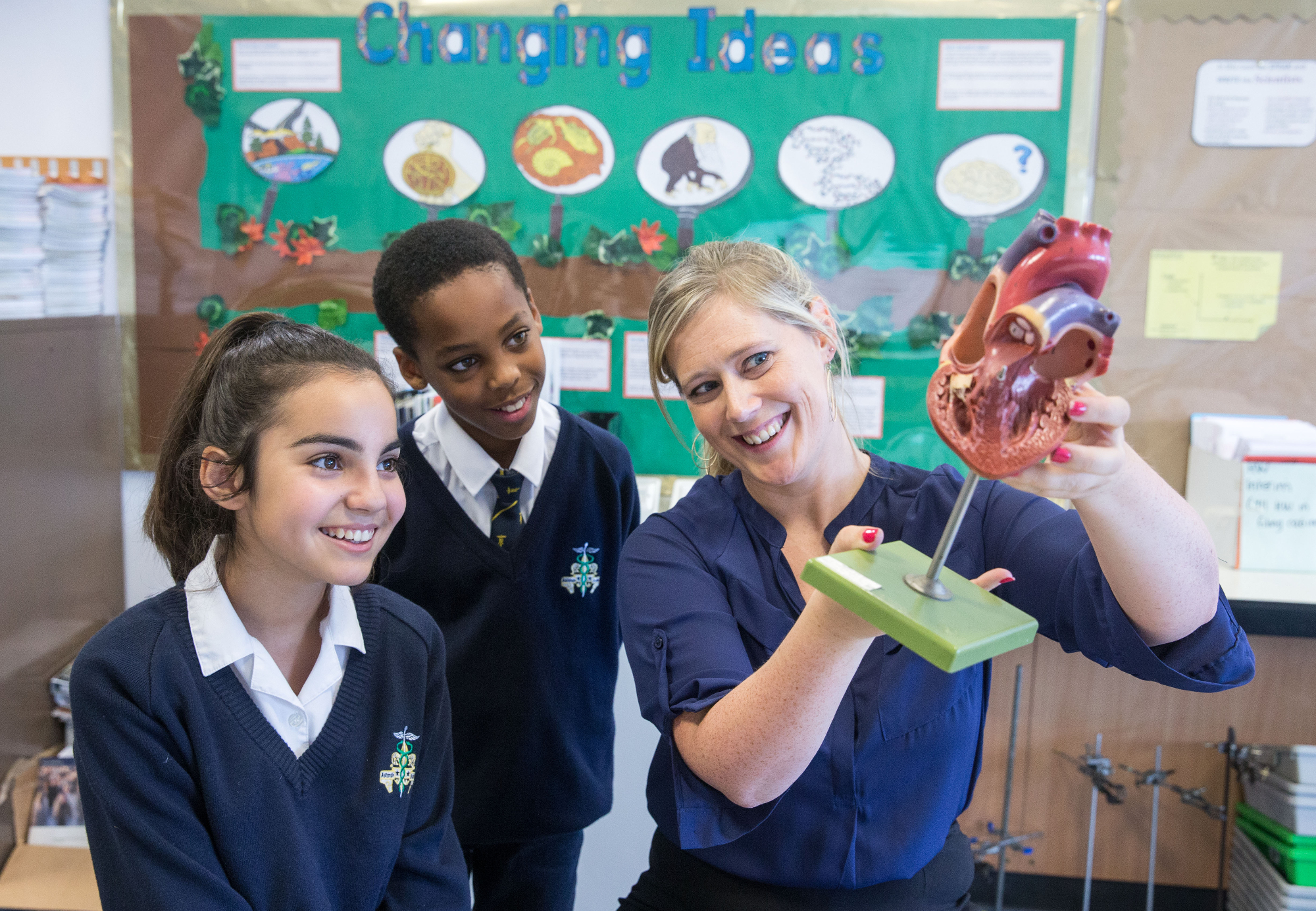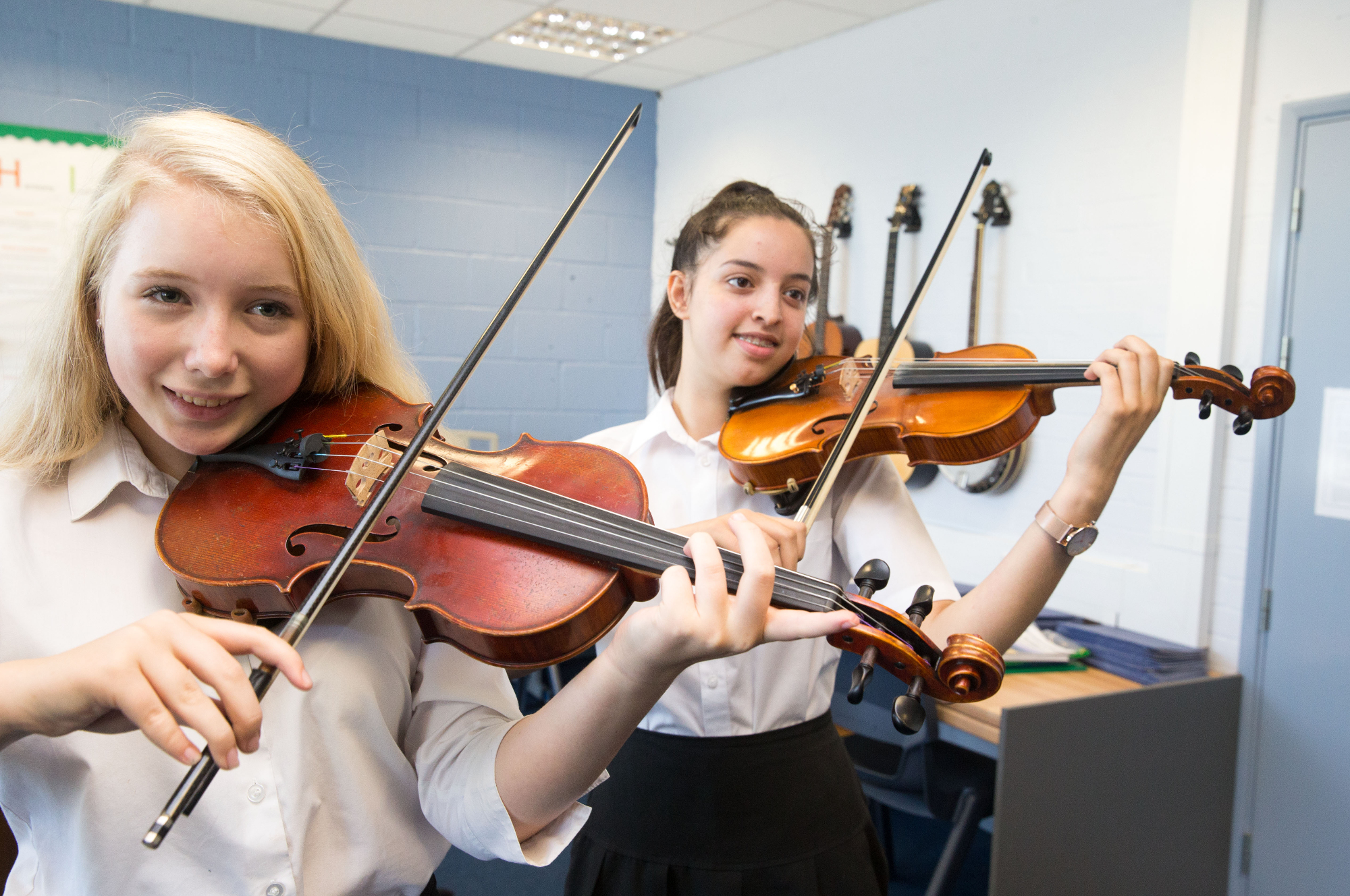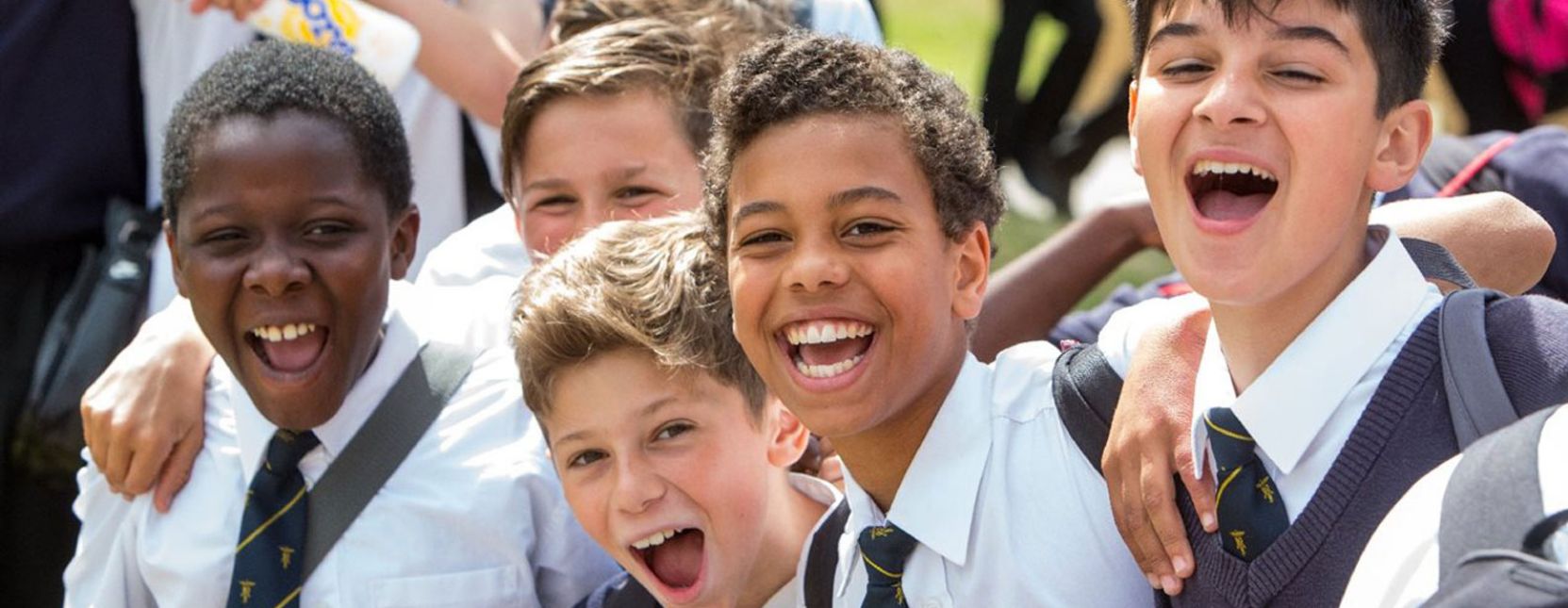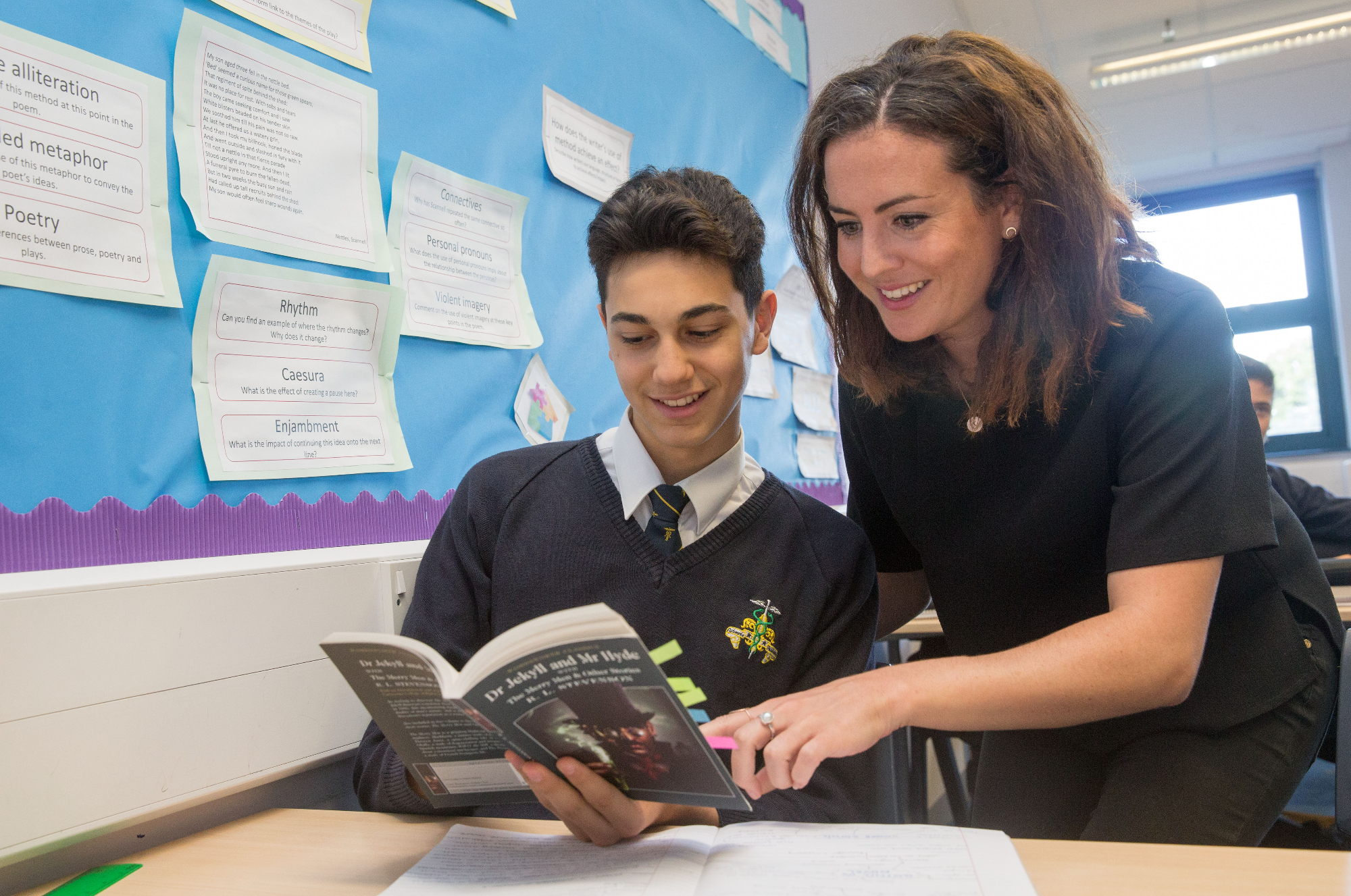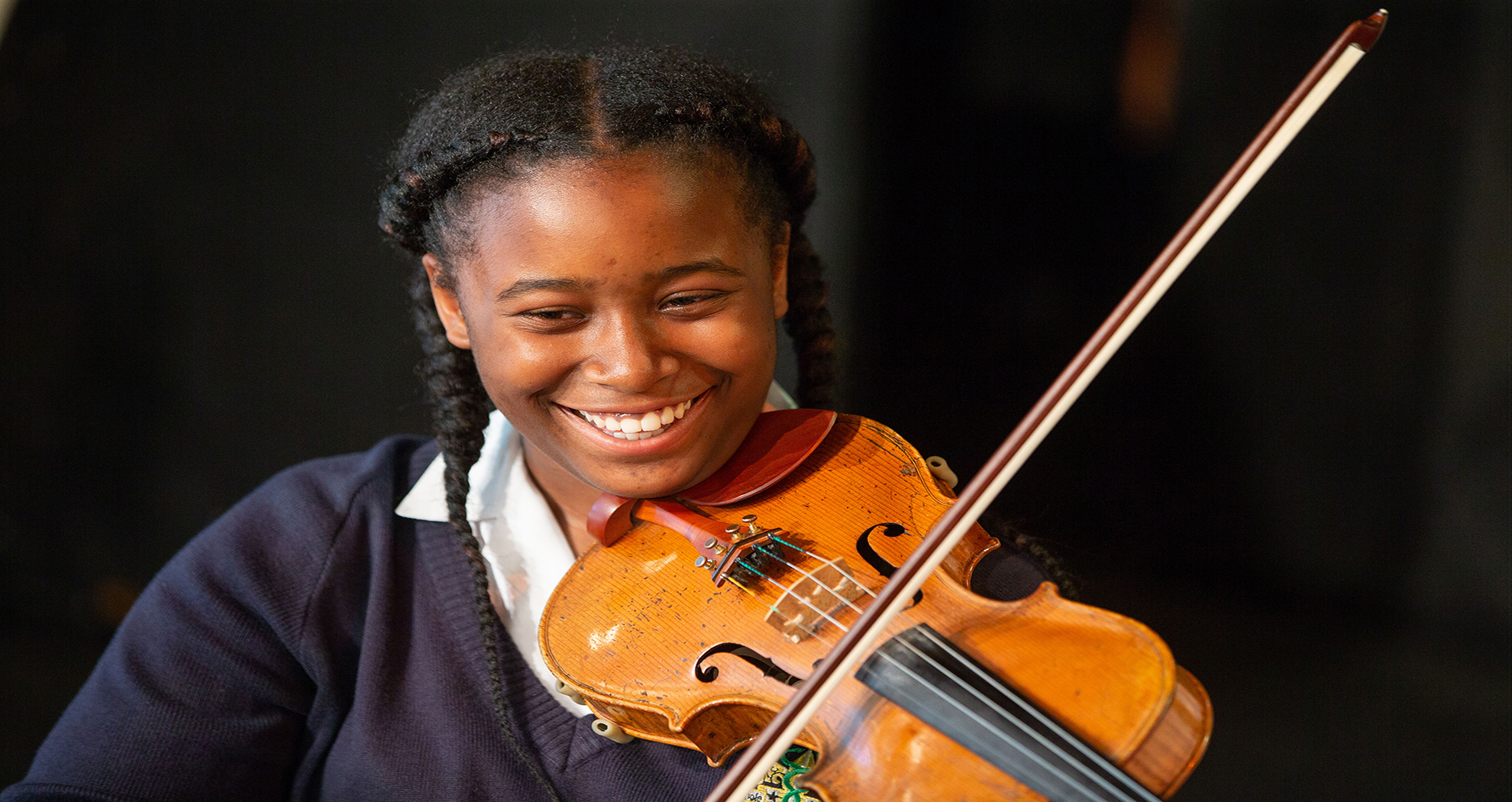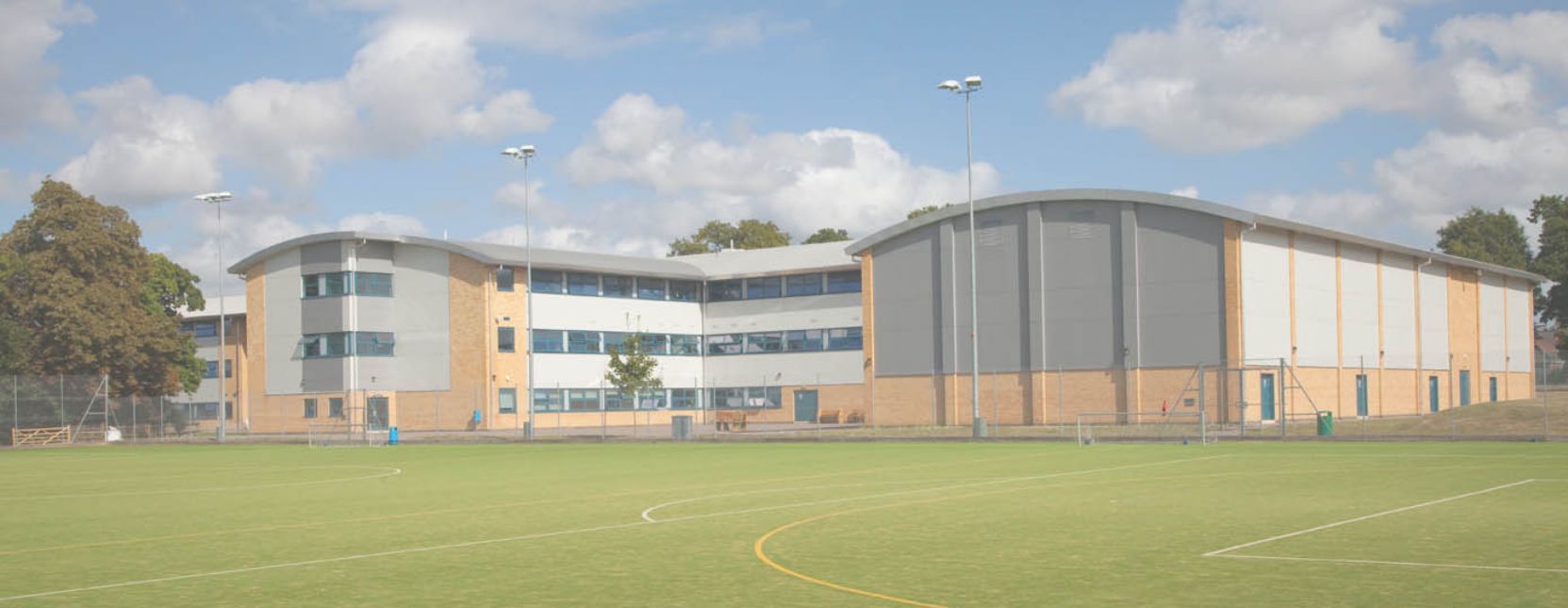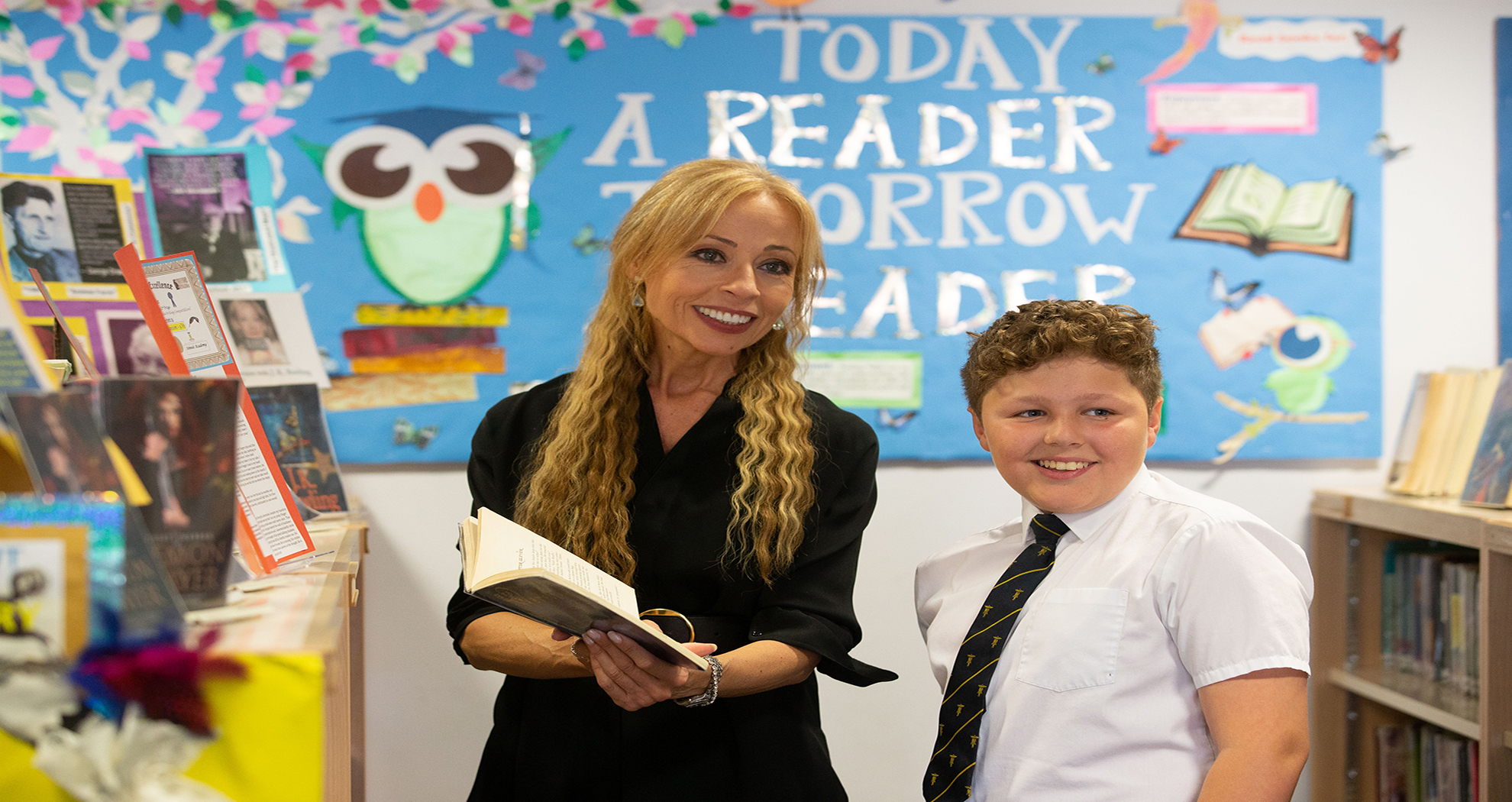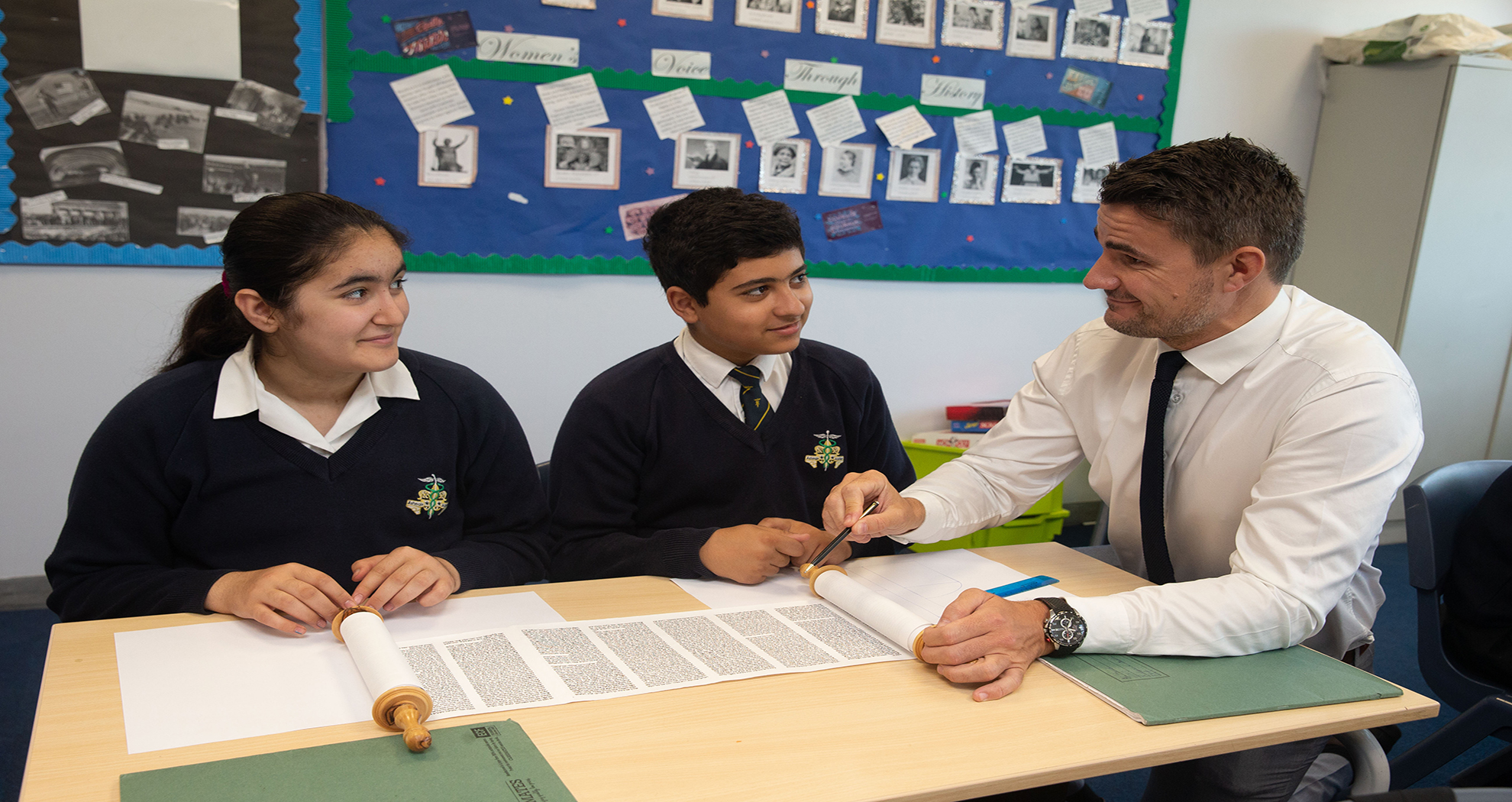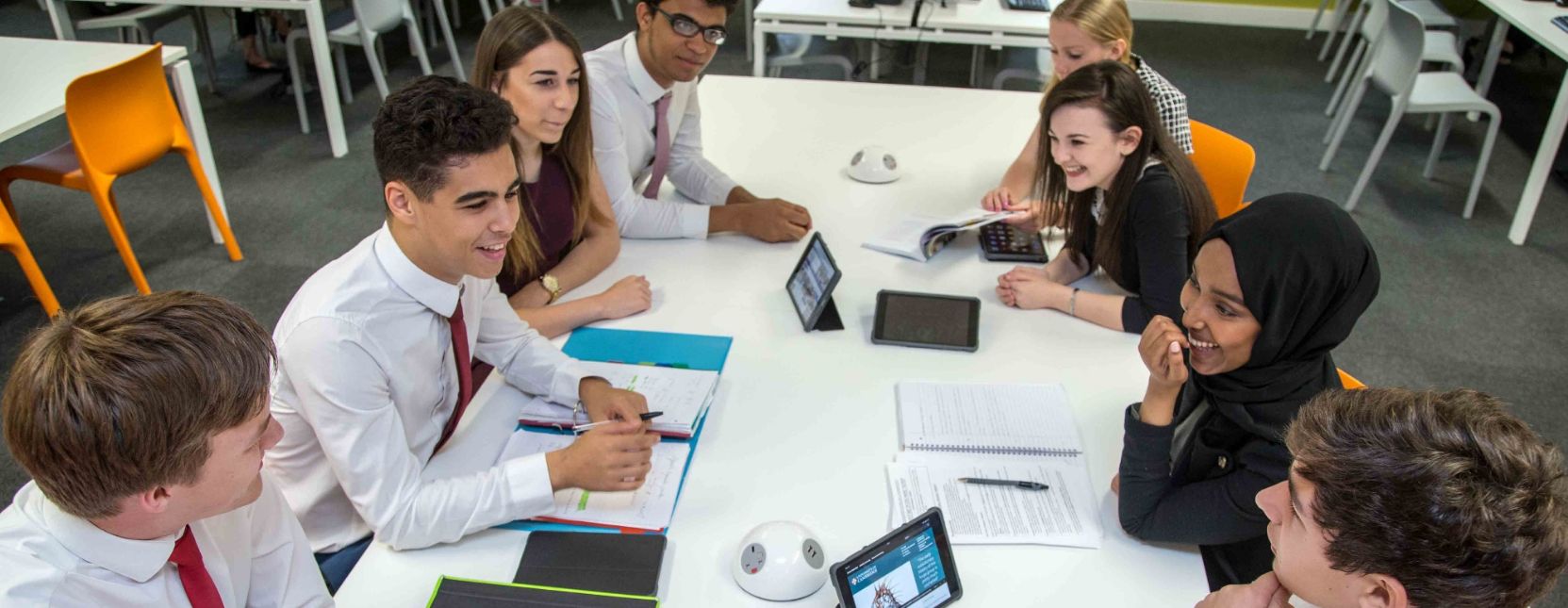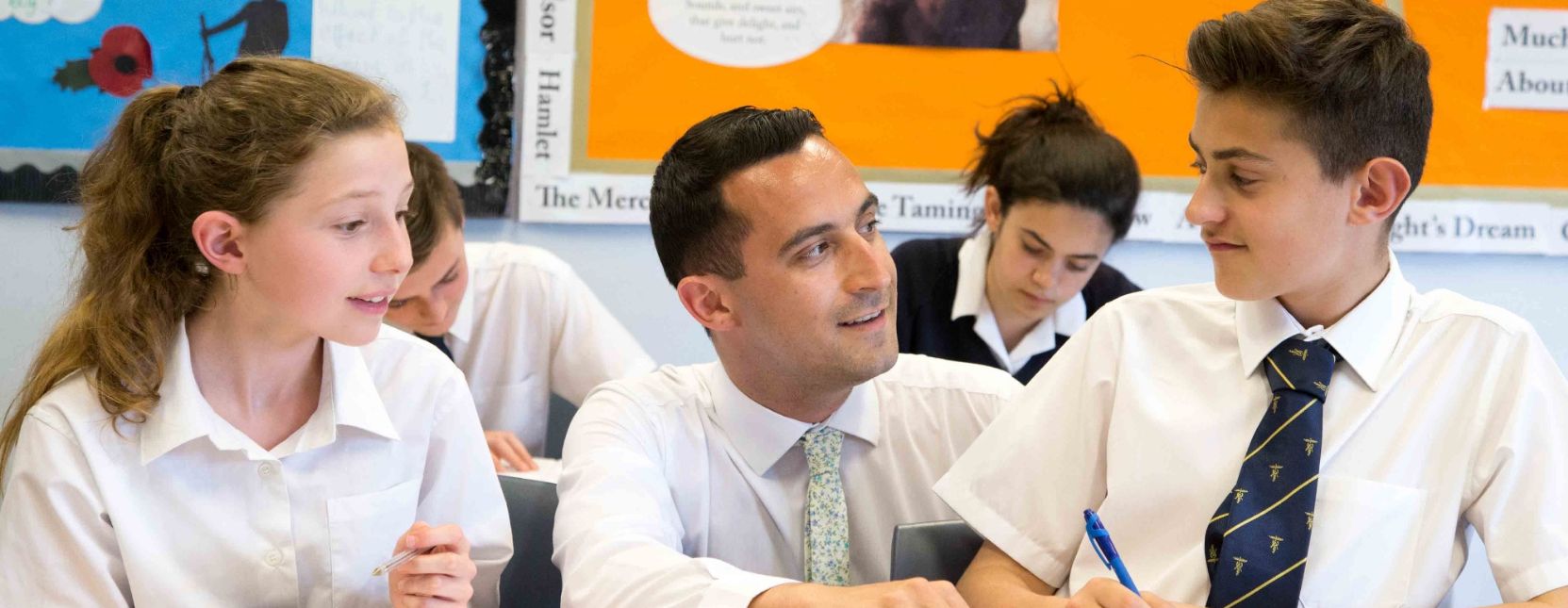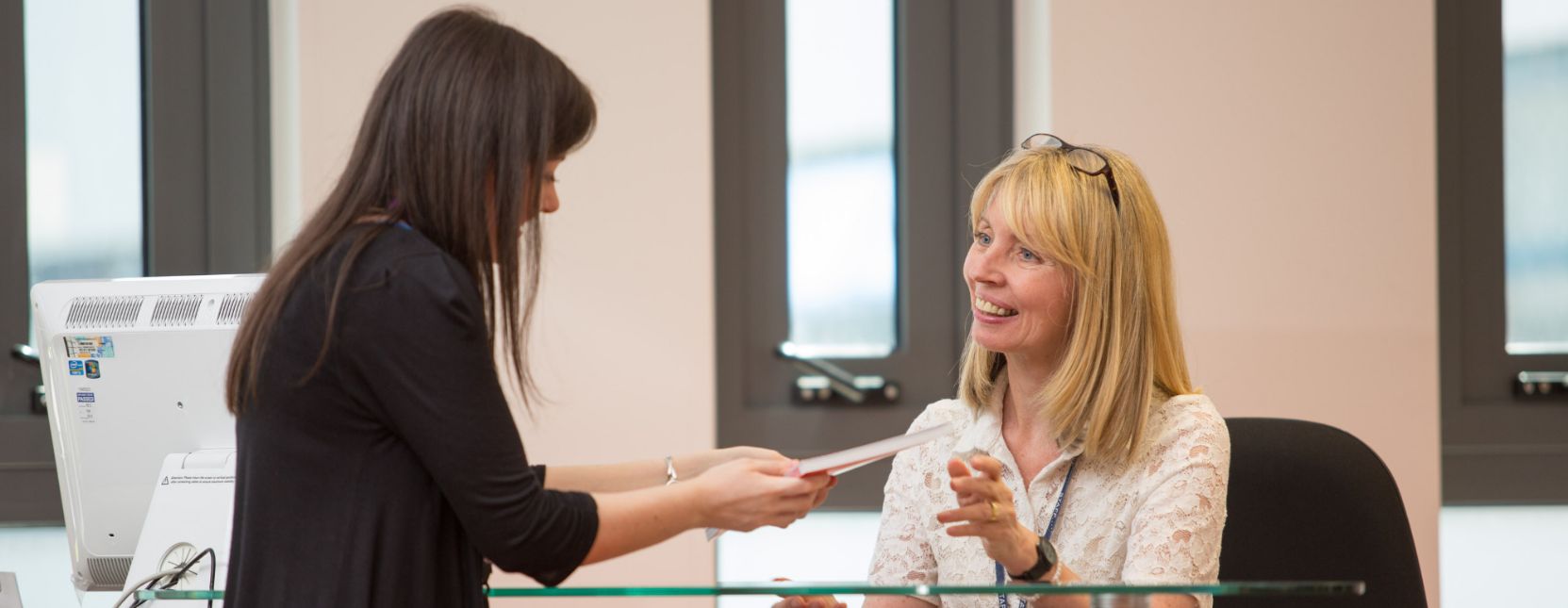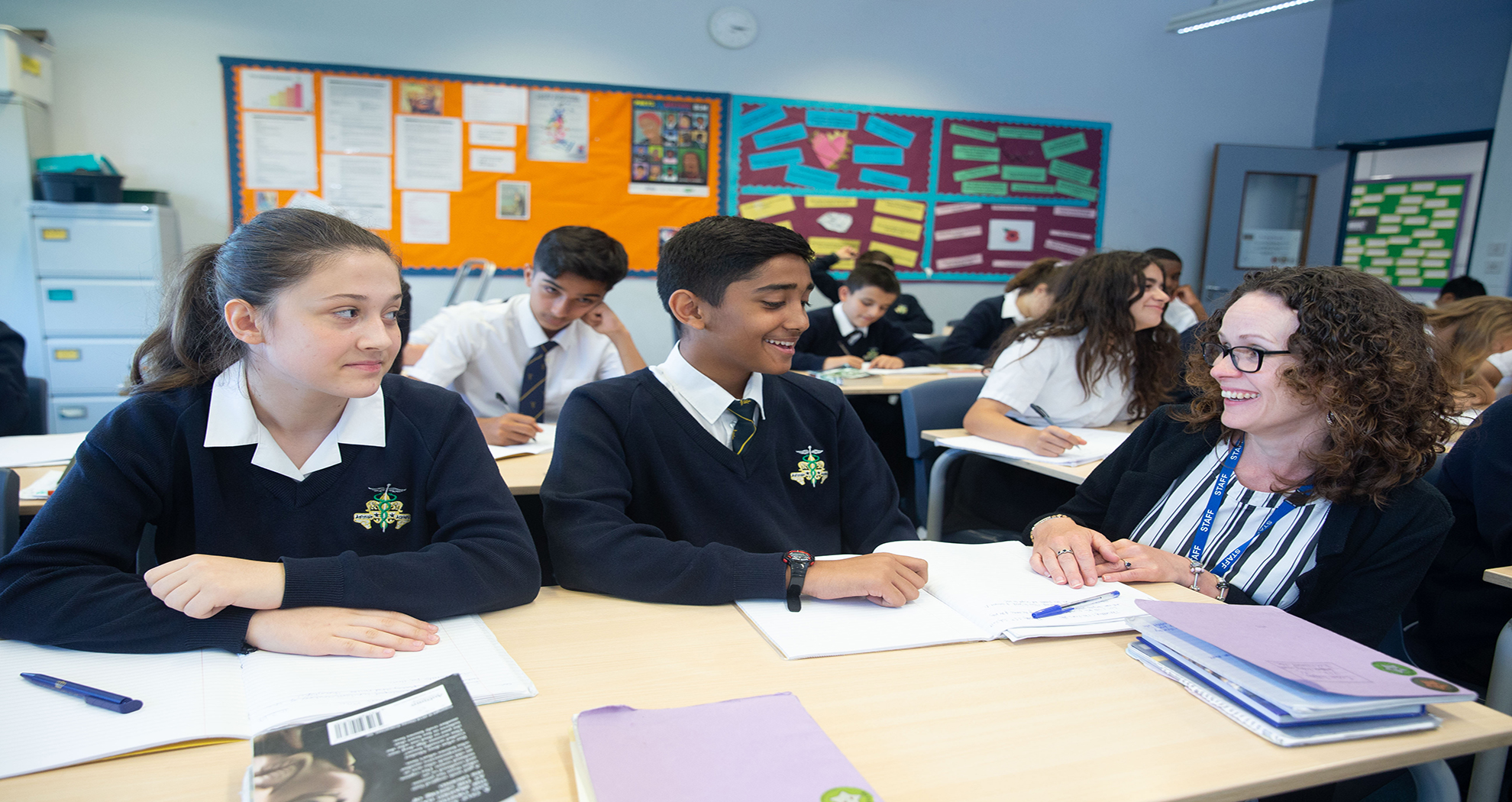Humanities Faculty
The Humanities Faculty includes the following distinct subjects: Geography, History, Religious Studies, Business Studies and PSHE (including citizenship). Economics, Sociology and Politics are also taught at A-level.
In Humanities, students enjoy exploring the philosophical, ideological, economic and environmental issues of the past and present, reflecting on how the future may be shaped by responses to these. All subjects within the Faculty develop students’ analytical, evaluative and critical thinking abilities, as well as problem-solving skills. These are highly sought after, both in higher education and in the work place.
Extra Curricular
Students benefit from a large variety of extracurricular activities that nurture their interest and strengthen skills whilst also developing their role as citizens in the wider community.
There are a variety of clubs for students of all key stages in Philosophy, History, Economics, and Geography. In the latter, students also have the opportunity to carry out Geography field work at GCSE to an urban and physical environment, and a residential trip to support their A Level studies.
Business also offers a KS4 Business club for students to undertake various enterprising activities and a Business A-Level society for KS5 where we talk about various business affairs and learn how to criticize business decisions and discuss possible solutions for better business outcomes.
There is also Sixth Form ‘FemSoc’ and Debate Club which is well attended by Humanities students. This is in addition to the exciting range of enrichment projects that are on offer such as The Investor Challenge for year 12. Furthermore, the recently established Ashmolean Scholars Programme gives an exciting opportunity for a small selection of Year 12 students in each subject to lead on and engage with enrichment beyond their studies and across the school.


